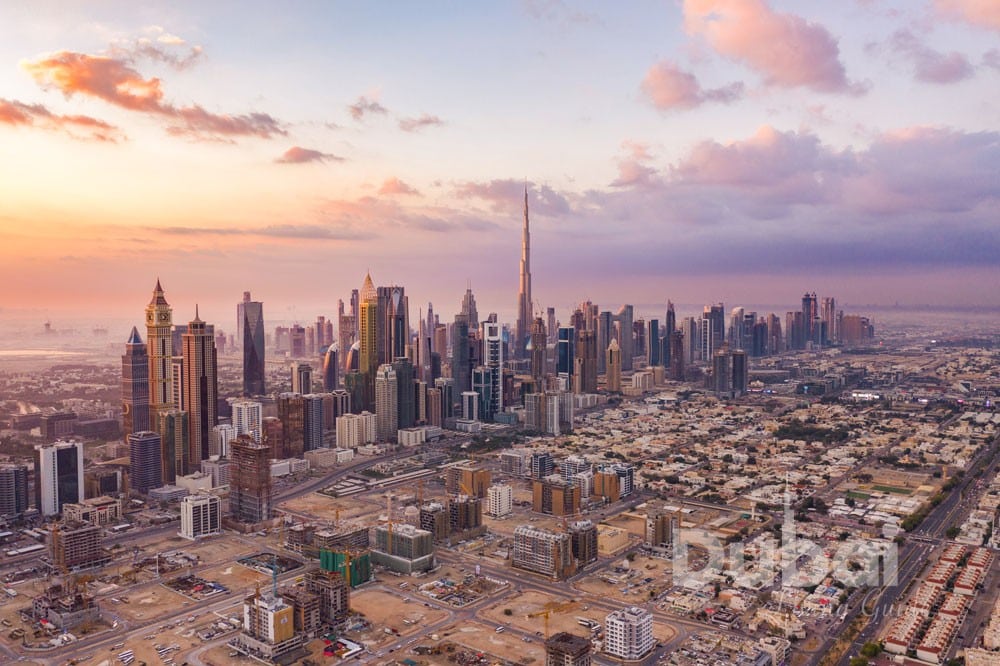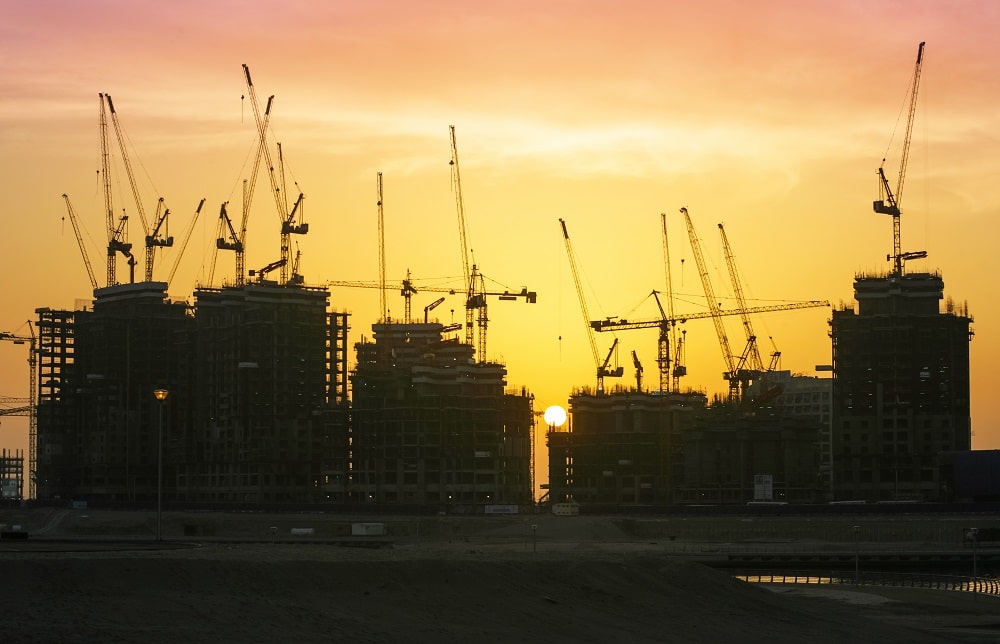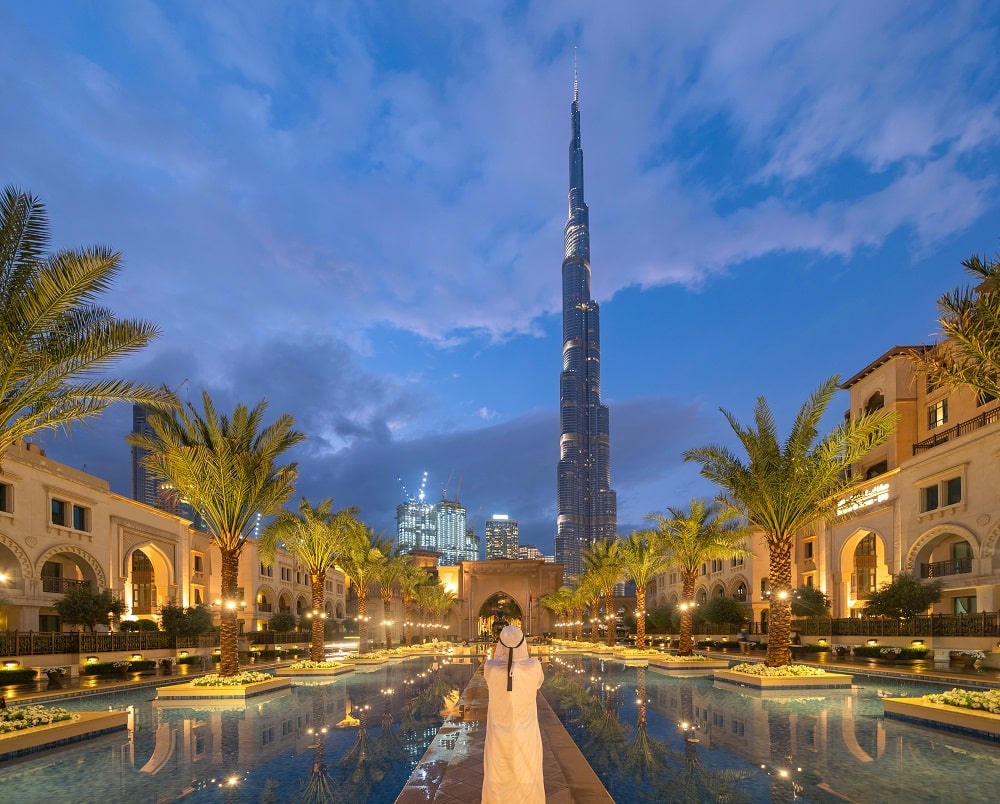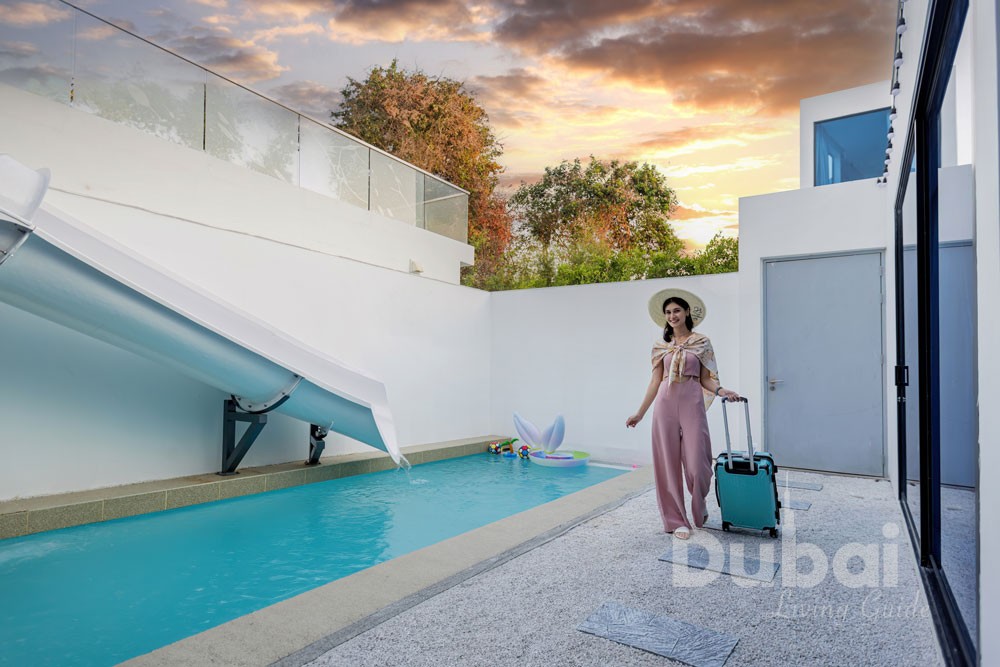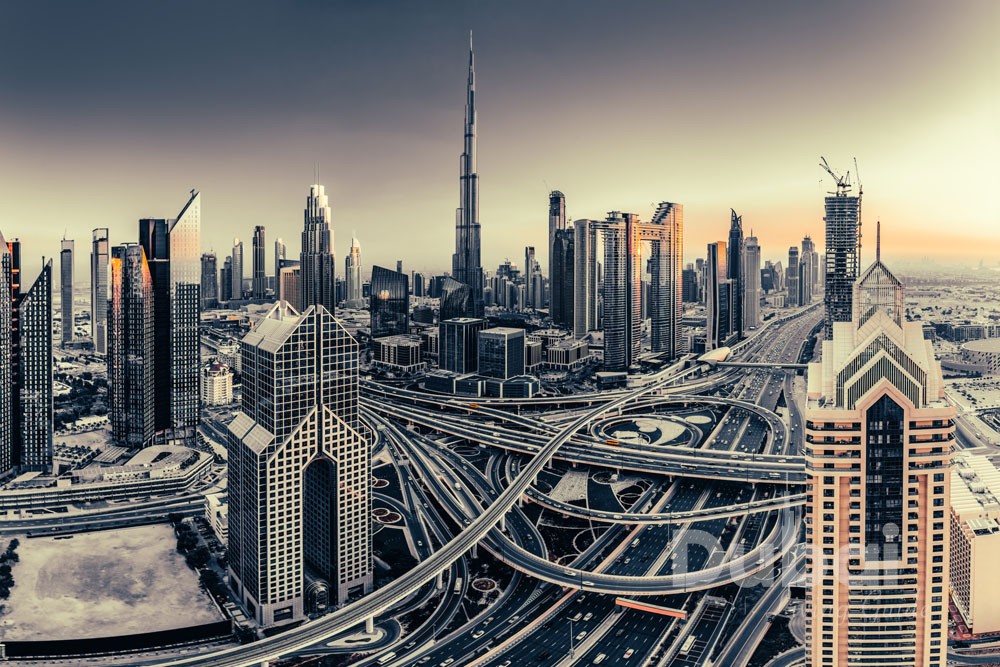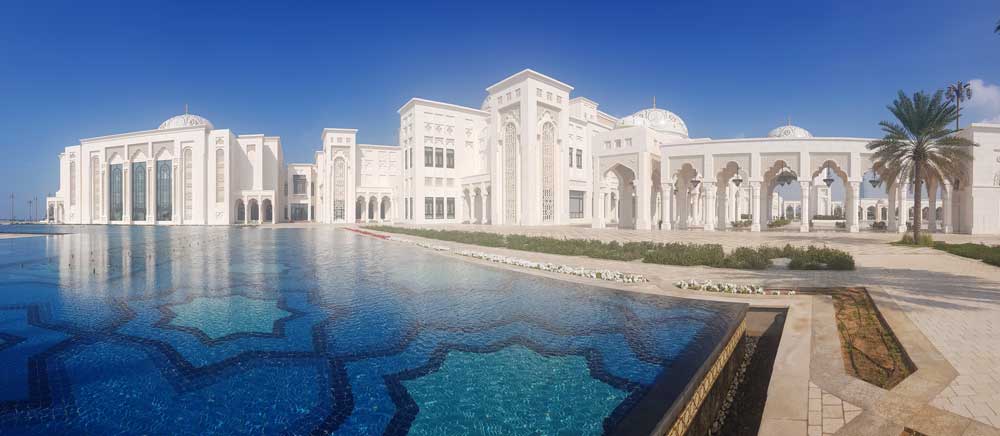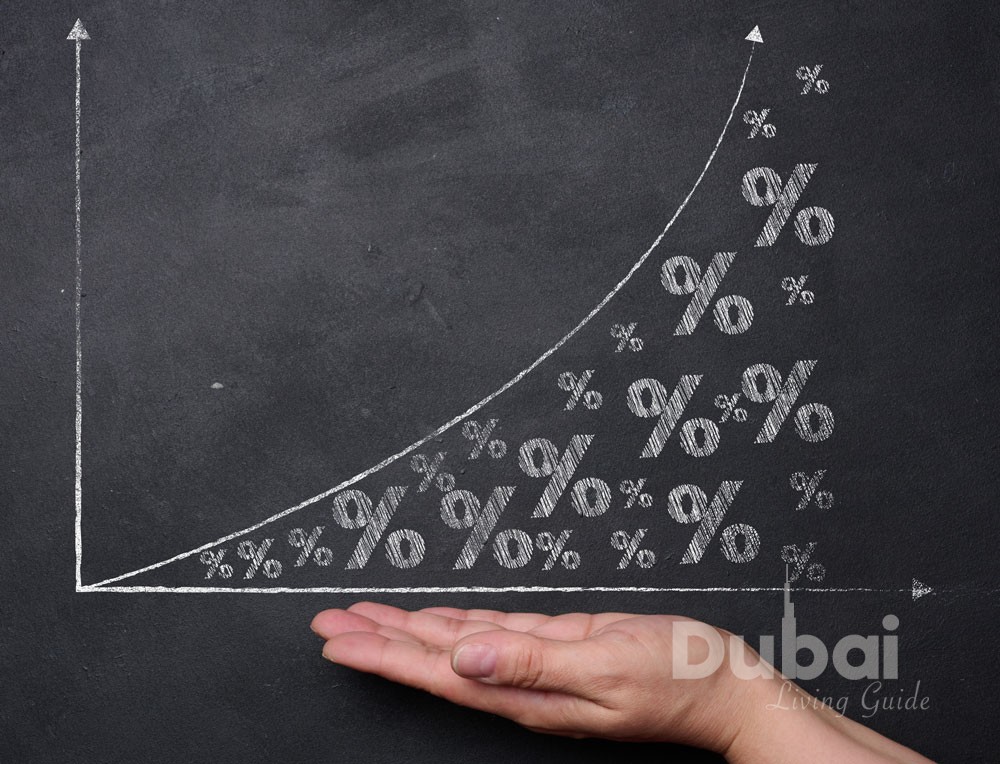💡 Quick Answer: How Do Real Estate Transactions Work in Dubai?
Real estate transactions in Dubai involve a regulated 6-step process through the Dubai Land Department (DLD), with total fees around 4-7% of property value. Expect to pay 4% DLD transfer fee + AED 2,000 registration + mortgage fees if applicable. The entire process takes 4-8 weeks from offer to ownership transfer. Foreign buyers can own freehold properties with 20-25% down payment for mortgages under AED 5 million.
⏱️ Read time: 12 minutes | 💰 Budget needed: Property price + 5-7% fees
Ok so here’s the thing about Real Estate Transactions in Dubai…. Let me share what I wish someone had told me when I first started navigating this absolutely wild market. And trust me, I’ve made enough mistakes to fill a book lol.
My First Real Estate Transaction in Dubai (Spoiler: I Almost Messed It Up)
So picture this – its 2023 and I’m standing in a gleaming office in Downtown Dubai, about to sign my first property purchase agreement. My hands are literally shaking because I’m about to drop more money than I’d ever imagined on a studio apartment with a Burj Khalifa view. The thing is, I had done maybe 30% of the research I should’ve done about real estate transactions in Dubai, and I was this close to making some seriously expensive mistakes.
Real estate transactions in Dubai aren’t like buying property back home (wherever home is for you). There’s a whole different system here, different rules, different players involved, and honestly? Its both easier AND more complicated than you’d think. Which sounds contradictory but fr, you’ll see what I mean.
Naz
Your Dubai Insider
As a proud resident of this bustling city for over 4 years, I’ve devoted my time to exploring Dubai’s vibrant cultural life, different ways of living, and endless possibilities. My experiences enable me to guide you through job searches, housing hunts, commuting, and vehicle purchases in Dubai — including navigating the complex world of real estate transactions.
📍 Living in Dubai for 4+ years | 🎯 Helping newcomers navigate Dubai life | 🏠 Experienced in Dubai property transactions | 📅 Last Updated: February 2026
Understanding How Real Estate Transactions in Dubai Actually Work
Here’s what I learned the hard way – Dubai has one of the most regulated property markets in the world, which is actually good news for us buyers. The Dubai Land Department (DLD) oversees everything, and I mean EVERYTHING. Every real estate transaction in Dubai gets registered with them, which means theres a proper paper trail and legal protection.
But heres where it gets interesting…
When I started looking at properties, I didnt realize that real estate transactions in Dubai can happen in different areas with different rules. You’ve got freehold areas (where foreigners like me can actually own property), leasehold areas (where you can lease for up to 99 years), and areas restricted to UAE and GCC nationals only. My agent at the time just assumed I knew this – I definitely didnt.
The Players Involved in Real Estate Transactions in Dubai
Theres usually like 4-5 people involved in your typical real estate transaction in Dubai:
- The Developer or Seller (obviously)
- Your Real Estate Agent – they charge the seller 2% commission typically, not you
- The Buyers Agent – sometimes you have your own
- The Dubai Land Department – theyre gonna want their 4% transfer fee
- Your Bank (if ur getting a mortgage)
And tbh, coordinating all these people was… an experience. I remember spending an entire afternoon just trying to get everyone on the same phone call. Classic.
🏘️ Dubai Property Ownership Types for Foreigners
💡 Pro tip: Freehold areas include Downtown Dubai, Dubai Marina, JBR, Business Bay, JLT, Palm Jumeirah, and most popular expat areas. Always verify ownership type before viewing!
The Step-by-Step Process of Real Estate Transactions in Dubai (From Someone Who’s Been There)
Step 1: Finding Your Property
This part’s actually fun! I spent weeks (ok, months) browsing properties on Bayut, Property Finder, and Dubizzle. Real estate transactions in Dubai start with knowing what you can afford – and here’s a real number from my experience: I was looking at studios in Business Bay ranging from AED 650,000 to AED 850,000 in late 2023.
Pro tip I wish I’d known earlier: Don’t fall in love with the first property you see. I almost did this with a place in JLT and later found out it had service charge issues that would’ve cost me an extra AED 15,000 annually.
Step 2: Making an Offer (And The Negotiation Dance)
Real estate transactions in Dubai involve negotiation, but its not like the aggressive back-and-forth you see in movies. I offered AED 720,000 on a property listed at AED 750,000, and we settled at AED 735,000. The whole thing took maybe 3 days.
You’ll pay a booking deposit (mine was AED 5,000) which is refundable if the deal falls through due to financing issues. This is where real estate transactions in Dubai get legally protected – that deposit goes into an escrow account.
Step 3: The NOC (No Objection Certificate)
Okay this is super important and I almost skipped it like an idiot. If you’re buying in a building managed by a community association or developer, you need an NOC for the real estate transaction in Dubai to proceed. It basically says the seller has no outstanding fees.
I waited 3 weeks for an NOC once because the seller hadn’t paid their service charges. Three. Weeks. Make sure this is sorted early in your real estate transaction in Dubai timeline.
Step 4: Mortgage Process (If Applicable)
Getting a mortgage in Dubai is… interesting. Banks here will give foreigners mortgages, but expect to put down 20-25% for properties under AED 5 million. I went through Emirates NBD and the process took about 4 weeks.
Real estate transactions in Dubai involving mortgages require:
- Bank statements (6 months worth)
- Salary certificates
- Property valuation (the bank sends their own guy)
- Life insurance (yeah, this surprised me too)
The banks here are pretty efficient tho, ngl. Way faster than what I’ve heard about mortgage processing in other countries.
Step 5: The MOU (Memorandum of Understanding)
This is basically the purchase agreement. Your real estate transaction in Dubai gets serious here because you’re signing a legally binding document that outlines:
- Purchase price
- Payment schedule
- Handover date
- Who pays what fees
I remember reading mine like 5 times because I was paranoid about missing something. Turns out that was smart because I caught an error in the property size – they had it listed as 580 sq ft when it was actually 545 sq ft.
Step 6: The Transfer at Dubai Land Department
This is the big day! Real estate transactions in Dubai culminate at the DLD Trustee Office. You’ll need to bring:
- Original passports
- Original Emirates ID (if you have one)
- MOU
- NOC
- Mortgage approval (if applicable)
- Payment for transfer fees
The actual transfer process took me about 2 hours. You sit in this massive building, take a number, wait, then go to different counters. Its very organized tho – they’ve streamlined real estate transactions in Dubai pretty well.
⏱️ Real Estate Transaction Timeline in Dubai
⚠️ Timeline can vary significantly based on mortgage approval speed, NOC availability, and documentation completeness. Cash purchases are typically faster (2-3 weeks).
The Costs Nobody Tells You About Real Estate Transactions in Dubai
Ok here’s where I’m gonna save you some money with real talk. Beyond the property price, real estate transactions in Dubai come with these fees:
- DLD Transfer Fee: 4% of property value (ouch)
- Registration Fee: AED 2,000 + VAT
- Mortgage Registration: 0.25% of loan amount (if applicable)
- Real Estate Agent: Usually 2% but seller pays this
- Bank Valuation: AED 2,500-3,500
- Conveyancing: AED 5,000-10,000 if you use a lawyer
On my AED 735,000 purchase, I paid approximately AED 32,000 in fees. Nobody warned me it would be that much! Budget accordingly for your real estate transaction in Dubai.
💰 Complete Cost Breakdown for Dubai Property Purchase
💡 Based on actual purchase of AED 735,000 studio apartment in Business Bay, late 2023. Fees may vary slightly by property type and financing structure.
Common Mistakes in Real Estate Transactions in Dubai (That I Made So You Dont Have To)
Mistake #1: Not Checking the RERA Certificate
The Real Estate Regulatory Agency (RERA) issues certificates for buildings. I bought in a building that didn’t have its RERA certificate yet, which meant I couldn’t register for utilities immediately. Real estate transactions in Dubai should always involve checking this first.
Mistake #2: Ignoring Service Charges
My first apartment had service charges of AED 18 per sq ft annually. That’s about AED 9,800 per year! Some buildings charge AED 25-30 per sq ft. Always factor this into your real estate transaction in Dubai calculations.
Mistake #3: Not Using a Conveyancer
I tried to do my first real estate transaction in Dubai without legal help to save money. Big mistake. I ended up calling a lawyer halfway through anyway because I got confused with the paperwork. Just budget for it upfront.
💎 Pro Tips: Real Estate Transactions in Dubai
🎯 Budget Beyond the Purchase Price
Don’t just save for the property price – you’ll need an extra 5-7% for fees and costs. On a AED 735,000 purchase, expect around AED 32,000 in additional fees including DLD transfer (4%), registration (AED 2,000), and various other charges.
💡 Real example: My AED 735,000 apartment cost me AED 32,000 in fees I didn’t initially budget for!
💰 Service Charges Can Shock You
Always check the service charge per square foot before buying – it varies wildly between buildings. Some charge AED 18/sq ft (like my first apartment = AED 9,800/year) while others hit AED 25-30/sq ft. This recurring cost seriously affects your monthly budget.
⚠️ A 545 sq ft apartment at AED 30/sq ft = AED 16,350 annually vs AED 9,810 at AED 18/sq ft
📋 Get the NOC Early
The No Objection Certificate can delay your whole transaction if the seller hasn’t paid their fees. I once waited 3 weeks for an NOC because of unpaid service charges. Make this a condition in your initial offer and follow up aggressively.
⏱️ Pro tip: Request NOC status before making your final offer to avoid delays
🏦 Get Pre-Approved for Mortgages
Don’t start seriously looking until you have mortgage pre-approval. Dubai’s property market moves fast and you don’t want to lose a good deal because your financing isn’t ready. Banks need 6 months of statements, salary certificates, and life insurance – get this sorted first.
⚡ My Emirates NBD mortgage took 4 weeks to process – factor this into your timeline
📄 Read Every Document Thoroughly
I know it’s boring, but read your MOU at least 3-5 times. I caught an error where my property was listed as 580 sq ft instead of the actual 545 sq ft – that’s a 35 sq ft difference that would’ve affected resale value and service charges forever.
🔍 Smart move: Cross-check every number, date, and specification in your purchase agreement
✅ Always Check RERA Certificate
Don’t be like me and buy in a building without its RERA certificate yet. You won’t be able to register utilities immediately and it’s just a headache. The Real Estate Regulatory Agency certificate is essential – verify it exists before committing to any property.
⚠️ Worth noting: No RERA = Can’t register DEWA and other utilities right away
🏘️ Check Community Facebook Groups
Before buying, join Facebook groups for the specific area like “Business Bay Residents” or “JBR Living”. You’ll get real, unfiltered feedback about buildings, management issues, noise levels, and hidden problems that agents won’t tell you about. This saved me from one property with terrible building management.
💡 Real residents share the truth about service quality, maintenance issues, and community problems
⏰ Consider Timing and Market Cycles
Dubai’s real estate market is cyclical – there are better and worse times to buy. I bought during a dip in late 2023 and my property’s already up 22% in value. Watch trends, follow market reports, and don’t rush just because you can afford it now.
📈 Patient buyers who time the market right can see 20-35% appreciation within 1-2 years
Real Estate Transactions in Dubai for Off-Plan Properties
This is a whole different ball game tbh. I bought an off-plan apartment in 2024 and the process is different:
Real estate transactions in Dubai for off-plan properties involve payment plans (usually 60/40 or 70/30 – that’s what you pay during construction vs at handover). The developer registers the SPA (Sale and Purchase Agreement) with DLD, and you pay 4% registration fee upfront.
The cool thing? You can flip off-plan properties before completion, and many people do this as an investment strategy. I know someone who bought in Dubai Creek Harbour in 2022 and sold in 2024 for a 35% profit without the property even being completed. Real estate transactions in Dubai for off-plan can be lucrative if you time it right.
🏗️ Off-Plan vs Ready Property in Dubai
📈 Real example: Friend bought in Dubai Creek Harbour (off-plan) in 2022, sold in 2024 for 35% profit without property completion. But tbh, this requires timing and market knowledge!
What’s Changed in Real Estate Transactions in Dubai (2025-2026 Updates)
As of early 2026, there’ve been some changes to real estate transactions in Dubai that you should know:
- DLD introduced a digital platform that’s made the transfer process even faster
- Golden Visa requirements now include property ownership above AED 2 million
- New regulations on short-term rentals (Airbnb-style) – you need a permit now
- Service charge disputes are being handled more transparently
Real estate transactions in Dubai keep evolving, and honestly its mostly good changes. The government here is pretty proactive about making things easier for investors.
My Biggest Lessons from Multiple Real Estate Transactions in Dubai
I’ve now been involved in 3 real estate transactions in Dubai (2 purchases, 1 sale), and here’s what I’ve learned:
Take your time with due diligence. I spent maybe 2 weeks on my first purchase and 2 months on my second. The second one was a WAY better investment.
Build a good team. A reliable agent, a good mortgage broker, and a property lawyer who specializes in real estate transactions in Dubai are worth their weight in gold.
Understand the market cycles. Dubai real estate is cyclical. I bought during a dip in late 2023 and the property’s already up 22% in value. Timing matters.
Read EVERYTHING before signing. I know its boring, but every document in your real estate transaction in Dubai is important. I once caught a clause that would’ve made me liable for repairs that should’ve been the developer’s responsibility.
❓ Frequently Asked Questions About Real Estate Transactions in Dubai
Tips for Making Your Real Estate Transaction in Dubai Smoother
Based on my experiences (and mistakes lol), here’s what actually helps:
- Get pre-approved for your mortgage before you start seriously looking. Real estate transactions in Dubai move FAST sometimes, and you dont want to lose a good property because your financing wasn’t ready.
- Visit properties multiple times at different times of day. That stunning view might come with direct afternoon sun that makes the apartment unbearably hot.
- Check the community reviews. I use Facebook groups for specific areas (like “Business Bay Residents” or “JBR Living”) to get real feedback on buildings before committing to a real estate transaction in Dubai.
- Budget 5-7% above the purchase price for all the fees and unexpected costs. Real estate transactions in Dubai aren’t just about the property price.
- Consider resale value even if you’re planning to live there long-term. I bought in an area with good schools nearby and metro access, which makes it easier to rent or sell later.
The Future of Real Estate Transactions in Dubai
Looking ahead, real estate transactions in Dubai are getting more tech-enabled. There’s talk of blockchain integration for property records, which would make transfers even more transparent and faster. The market’s also becoming more sophisticated with better data analytics available to buyers.
And ngl, the market is still growing. Expo 2020 (which happened in 2021-2022, yes I know its confusing) brought massive infrastructure improvements, and Dubai’s positioning itself as a global hub for remote workers and digital nomads. This affects real estate transactions in Dubai because there’s sustained demand.
Final Thoughts on Real Estate Transactions in Dubai
Look, real estate transactions in Dubai can seem overwhelming at first – they definitely overwhelmed me! But once you understand the process, its actually quite straightforward. The legal framework is solid, the market is transparent (mostly), and there are good protections for buyers.
My advice? Do your research, ask lots of questions, don’t rush, and don’t be afraid to walk away from a deal that doesn’t feel right. Real estate transactions in Dubai are significant financial commitments, and you should feel confident about every step.
The Dubai property market has been good to me – my first property has appreciated nicely, I’ve made some good rental income, and I’ve learned a ton about real estate transactions in Dubai along the way. Would I do it again? Absolutely. Would I do some things differently? 100% yes lol.
If ur serious about getting into the Dubai property market, start educating yourself now. Follow market trends, attend property expos (they happen all the time here), talk to people who’ve been through real estate transactions in Dubai before, and build your knowledge base. The more you know, the better decisions you’ll make.
And remember – every expert in real estate transactions in Dubai was once a beginner who didn’t know the difference between freehold and leasehold. You’ll figure it out!
🎯 Key Takeaways: Real Estate Transactions in Dubai
- Budget Smart: Property price + 5-7% for fees (4% DLD transfer, AED 2,000 registration, mortgage fees if applicable). On AED 735,000 purchase = ~AED 32,000 in additional costs.
- Timeline Reality: Expect 4-8 weeks from offer to ownership. Mortgage takes 3-4 weeks, NOC can take 1-3 weeks. Cash purchases are faster (2-3 weeks).
- Service Charges Matter: Annual fees vary wildly (AED 18-30/sq ft). For 545 sq ft apartment = AED 9,800-16,350/year. Check before buying!
- Get the NOC Early: No Objection Certificate from developer is essential. Can delay everything by weeks if seller has unpaid fees. Make it a condition in your offer.
- Foreign Buyers Welcome: Buy in freehold areas (Downtown, Marina, JBR, Business Bay, JLT, Palm). Mortgages available with 20-25% down for properties under AED 5M.
- Read Every Document: MOU, purchase agreements, property specs – read everything 3-5 times. Errors in square footage or terms can cost thousands long-term.
- Off-Plan Can Be Lucrative: 10-20% cheaper with payment plans, potential to flip for 35%+ profit before completion. But requires patience (1-3 years wait) and higher risk.
- Market Timing Matters: Dubai real estate is cyclical. Buying during dips can mean 20-35% appreciation within 1-2 years. Don’t rush – research and time it right.
🌟 Remember: Every expert was once a beginner who didn’t know the difference between freehold and leasehold. Take your time, do your research, build a good team (agent, lawyer, broker), and don’t be afraid to walk away from a deal that doesn’t feel right. Dubai’s property market has been good to those who educate themselves first!
P.S. This info is from Feb. 2026 but tbh things change fast in real estate transactions in Dubai so double check everything! And if ur reading this later… hope things have gotten even better lol. Feel free to reach out if you have questions – I’m always happy to help people avoid the mistakes I made in my real estate transactions in Dubai journey 😊

